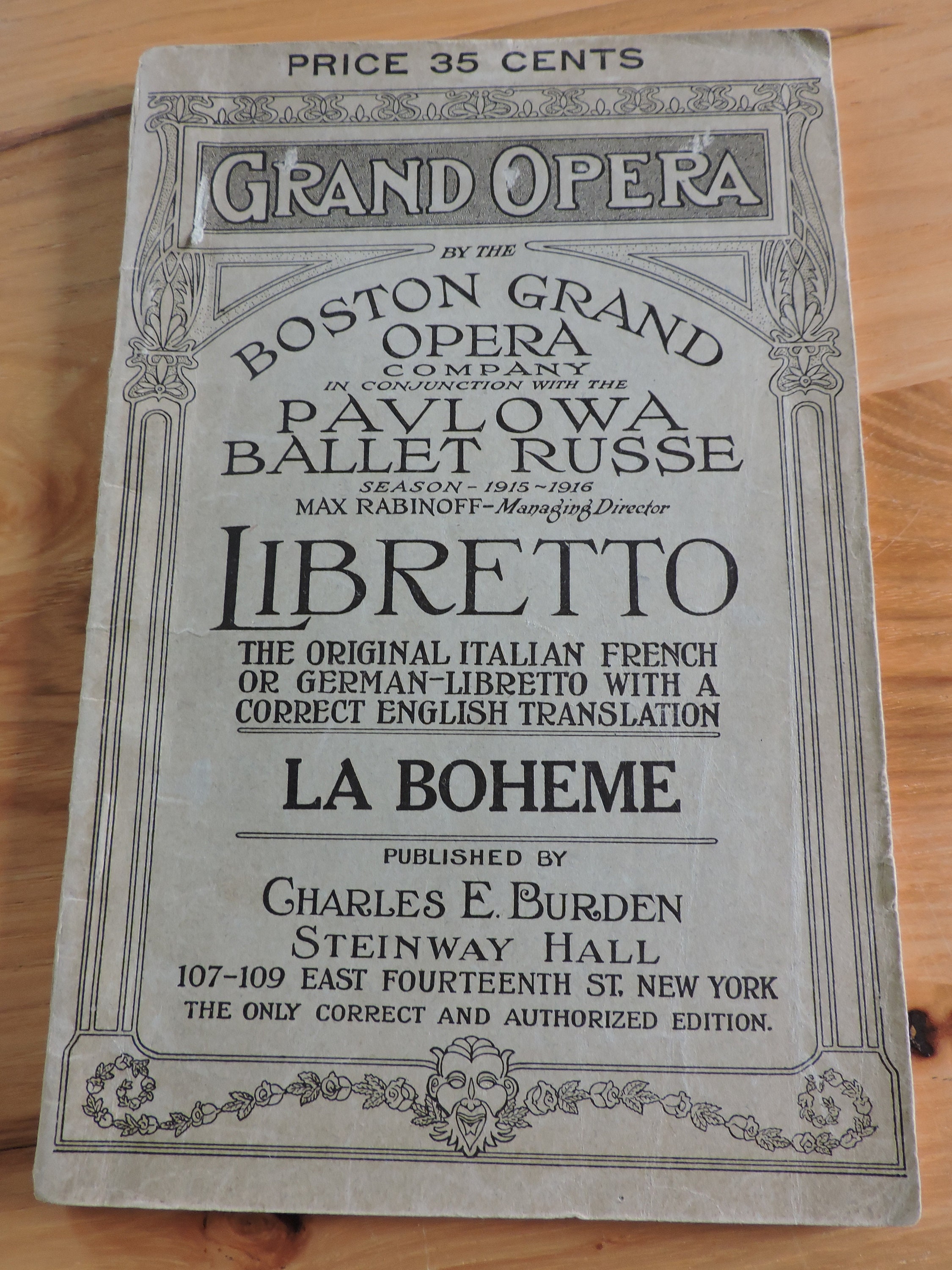


It was particularly castigated for the consectutive fifths at the opening of Act III. It was well received in Manchester but the Covent Garden performance was not and was dismissed by the press as "not stimulating enough to be heard often".īecause of its mixture of light-hearted and sentimental scenes and largely conversational style, its display of impressionist features in it harmony and orchestration, La bohème was not opera in the expected vein. Its first performance in England was in Manchester in 1897, in English, followed by a performance at Covent Garden in the same year. Although it was undoubtedly a volatile combination, it was perhaps the best team of poets Puccini had in his entire career. It was four years before he could leave Lucca for Milan, the mecca for aspiring young composers.īohème was the first of three operas in which Puccini collaborated with the librettists Illica and Giacosa, an association referred to by Puccini’s publisher Ricordi as the ’Holy Trinity’. A performance of Aïda in 1876 made such an impact that he followed his instincts and began to compose opera. By the age of seventeen he began composing in earnest, writing organ pieces that were largely the result of improvisations, and into which he worked snatches of Tuscan folk songs and Verdi operas. This will be the most comprehensive collection of Opera in English recordings undertaken by a recording company, and a major addition to the general record catalogue.īorn on 23 December 1858 in Lucca, Italy, Puccini was the fifth of seven children.

This recording is part of Chandos’ Opera in English series, made in association with the Peter Moores Foundation. Outstanding soprano Cynthia Haymon sings the lead role in this premiere recording in English of La bohème


 0 kommentar(er)
0 kommentar(er)
